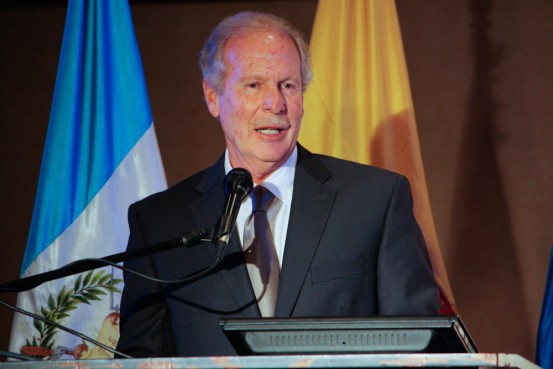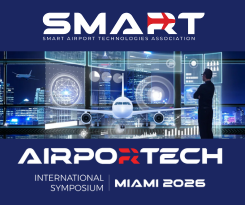
Photo: Alvaro-Arzú
Alvaro Arzú, Mayor of Guatemala City
12 September 2012
by Richard Forster
My Life, My City looks at the person behind the decisions through a Q and A with urban leaders
BIOGRAPHY: Alvaro Arzú
PLACE AND COUNTRY OF BIRTH: Guatemala City, Guatemala, 14 March 1946
EDUCATION: Studied law at the Faculty of Law and Social Sciences of the University Rafael Landívar
DATE ELECTED MAYOR: 1982-1990. Re-elected mayor once more in 2004, winning two more elections
PREVIOUS EMPLOYMENT: Director of the Guatemalan Tourist Institute from 1978 to 1981. Minister of Foreign Affairs from 15 January 1991 to 23 September 1991 and President of the Republic of Guatemala from 1996-2000
Why did you become mayor?
Basically because of the great needs we had back then. Somehow I knew that if I could introduce a change in political attitudes, many positive things could be achieved.
What is your favourite part of the job?
The people—meeting them, and sharing their views and hopes. Being mayor implies direct contact with people and their needs. You have to be efficient, a hard worker but at the same time, you have to be patient and a visionary.
What is the biggest challenge you have ever faced since becoming mayor?
Perhaps the Pacaya Volcano eruption in May, 2010, which was worsened by heavy rainfall from the tropical storm, Agatha. We had to act fast and deal with it, with very a limited amount of resources. Nonetheless, we managed the crisis in an acceptable way.
What do you think have been your biggest achievements?
Guatemalans are very sceptical people. I think my main achievement has been contributing to the process of bringing back prestige to our public institutions and encouraging pride in our local identity.
Who is the most interesting person you have met or worked with since becoming mayor?
The local leaders of the different urban areas. It’s amazing how much you can learn from them, about what people really care about and want.
What do you think of social networking for mayors?
I think social networking is one of today’s useful tools for mayors. But again, nothing, no matter how technologically sophisticated, can take the place of direct contact with people.
Which other cities do you collaborate with? Is contact formal or informal ?
Needs change everyday. Our contact with other cities depends on very concrete projects and ends. For instance, formally we give training to the police in other cities but informally we solve many common problems.
Where do you expect to be in five years’ time?
My life has been dedicated to public service. The only thing I know is that in five years from now, I will be working on something related to the community.
Favourite place in your city and why?
Maybe the northern part of the city. I was born there.
What are you reading right now?
A book on the downfall of the Mexican Empire during the 19th century.
Are you an early bird or a night owl?
Definitely an early bird.
Hobbies and interests outside of work?
Following the so-called ‘continental circus’ [the Motorcycle Grand Prix].
Do you have a favourite sport team?
Team Ducati in the ‘continental circus’.
Favourite travel destination?
Antigua, Guatemala, the colonial city.
Who is your hero or inspiration?
My parents.
What advice would you give to the first time visitor to your city/region?
To visit the historical part of the city. You cannot familiarise yourself with a city without first knowing its historical places.
What is your life philosophy?
‘Do the right thing’.









